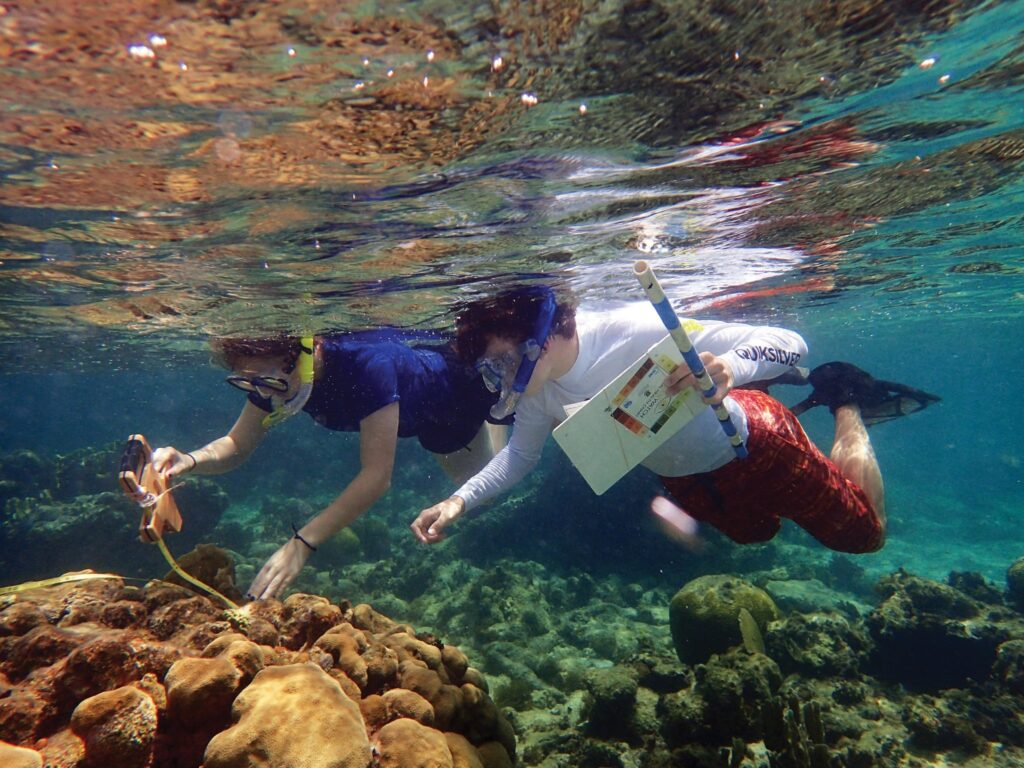Voluntourism combines travel with volunteer work, allowing travelers to make a positive impact while exploring new cultures and communities. To ensure a meaningful experience, it’s essential to choose reputable programs that prioritize local involvement and sustainability. Travelers should research organizations, evaluate their impacts, and select projects matching their skills and interests. Ethical voluntourism practices include approaching with humility, staying flexible, engaging beyond project tasks, and being aware of one’s impact on the community. By fostering meaningful connections and respecting local needs, voluntourism can create transformative experiences for both travelers and the communities they serve.
Voluntourism Done Right: How to Make a Positive Impact on Your Travels
Introduction: The Rise of Voluntourism
In an increasingly interconnected world, many travelers seek more than traditional sightseeing; they want to inspire change, make memories, and create lasting impacts. This desire has birthed a new trend: voluntourism. By combining volunteer work with travel experiences, voluntourism offers a unique way to explore new environments, cultures, and communities. However, not all voluntourism is created equal. In this article, we will explore how to embark on a voluntourism journey that genuinely benefits local communities while enriching your own travel experience.
Understanding the Concept of Voluntourism
Voluntourism can be defined as a blend of volunteering and tourism, where travelers engage in meaningful activities while visiting a destination. Participants may work on projects such as wildlife conservation, education, healthcare, or community development. The intent is not just to give back, but to immerse oneself in a culture and community, making the volunteer work a part of the travel narrative.
The Benefits of Voluntourism
- Cultural Exchange: Engaging with local communities allows travelers to learn about customs, traditions, and lifestyles, fostering mutual respect and understanding.
- Skill Development: Volunteers often gain new skills, from language proficiency to project management and interpersonal communication—skills that enhance both personal and professional growth.
- Positive Economic Impact: Well-structured voluntourism projects often contribute to local economies by creating jobs and supporting local businesses.
- Environmental Conservation: Many voluntourism projects focus on conservation efforts, aiding in the protection of vulnerable ecosystems and wildlife.
How to Choose the Right Voluntourism Program
Choosing the right voluntourism program can make or break your experience. Here are steps to ensure you select a program that genuinely benefits the local community:
1. Research Reputable Organizations
Begin by identifying reputable organizations known for ethical voluntourism practices. Look for NGOs or community-based projects with positive reviews, accreditation, and transparent operations. Organizations like Projects Abroad, WWOOF, and Earthwatch have established credibility through successful projects.
2. Evaluate the Impact
Before committing, investigate the impact of the program you are considering. Ask questions like:
- What have past volunteers achieved?
- How does the organization measure success?
- Are there any long-term plans for sustainability?
Programs that provide clear evidence of their impact on the community and environment tend to be more trustworthy.
3. Consider Your Skills and Interests
Choose a project that aligns with your skills, interests, and values. Whether it’s teaching English, assisting in healthcare, or participating in wildlife conservation, your enthusiasm and abilities will enhance your contribution and overall experience.
4. Understand Financial Obligations
Many voluntourism programs require a fee that typically covers accommodation, meals, and administrative expenses. Ensure you understand how your payment is allocated and prioritize programs that use funds for local benefits rather than profits for overseas organizations.
5. Prioritize Local Voices
Seek programs that involve locals at every stage, from planning to execution. Projects should empower community members, ensuring that their needs, insights, and leadership guide the initiative.
Best Practices for Ethical Voluntourism
Initiating a successful and ethical voluntourism experience not only involves choosing the right program but also adhering to best practices while you volunteer:
1. Approach with Humility
Adopt a mindset of learning rather than assuming you have solutions. Respect the cultural norms and practices of the community and be open to guidance from local leaders.
2. Stay Flexible
Planning is important, but so is adaptability. Be willing to shift your expectations based on the community’s needs or circumstances that may arise during your time there. Your primary goal should be contributing to the best of your ability.
3. Engage Beyond the Task
While it’s easy to focus solely on the project, take time to connect with locals, participate in community activities, and learn about their lives beyond the task at hand. These relationships make your journeys more rewarding.
4. Be Aware of Your Impact
Recognize that even well-intentioned actions can have unintended consequences. Beware of creating dependency or disrupting local economies. Focus on methods that promote self-sufficiency within communities.
5. Share Your Experience
Encourage others to consider ethical voluntourism through your stories and insights. Use social media platforms or blogs to share how they can engage in meaningful travel experiences and differentiate between ethical and exploitative programs.
Conclusion: The Future of Travel
As we navigate the complexities of responsible travel, voluntourism serves as a powerful reminder that tourism can be a force for good. When approached ethically, it allows travelers to immerse themselves in different cultures, foster meaningful connections, and create real change in communities across the globe.
By understanding what it means to volunteer wisely, being intentional in our choices, and respecting the communities we visit, we can ensure that our travels leave a positive impact not just on ourselves, but on the world around us. So as you pack your bags for your next adventure, consider how you can merge exploration with contribution—because when done right, voluntourism is more than just a trip; it’s a transformative experience for all involved.
Resources for Ethical Voluntourism
- Projects Abroad: www.projects-abroad.org
- Earthwatch: www.earthwatch.org
- WWOOF (World Wide Opportunities on Organic Farms): www.wwoof.net
- UN Volunteer: www.unv.org
In embarking on your voluntourism adventure, remember: travel is not just about the destinations; it’s about the connections we make and the lives we touch along the way. Happy travels!
